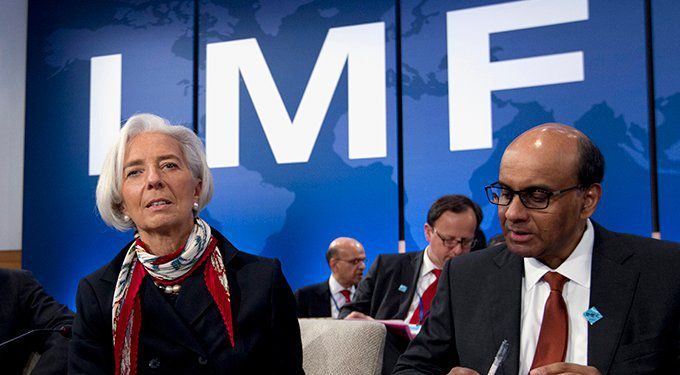Despite the adverse macroeconomic environment, the International Monetary Fund (IMF) has retained Nigeria’s 2022 economic growth projection at 3.4 percent.
The Washington-based lender disclosed this, yesterday, in its July 2022 World Economic Outlook (WEO), titled, “Gloomy and More Uncertain”.
However, IMF downgraded the country’s 2023 projection to 3.2 per cent from 3.3 per cent projected in its April 2022 WEO.
It projected a slow growth in the global economy to 3.2 per cent in 2022 and 2.9 percent in 2023.
It said: “Global slowdown intensifies as downside risks materialize. A tentative recovery in 2021 has been followed by increasingly gloomy developments in 2022. Performance was slightly better than expected in the first quarter, but world real Gross Domestic Product, GDP is estimated to have shrunk in the second quarter, the first contraction since 2020, owing to economic downturns in China and Russia.
“Downside risks discussed in the April 2022 World Economic Outlook are materializing, with higher inflation worldwide, especially in the United States and major European economies, triggering a sharp tightening in global financial conditions; a sharper-than-anticipated slowdown in China, reflecting COVID-19 outbreaks and lock-downs; and further negative cross-border effects from the war in Ukraine.
“The outlooks for countries in the Middle East and Central Asia and sub-Saharan Africa remain on average unchanged or positive, reflecting the effects of elevated fossil fuel and metal prices for some commodity-exporting countries.”










